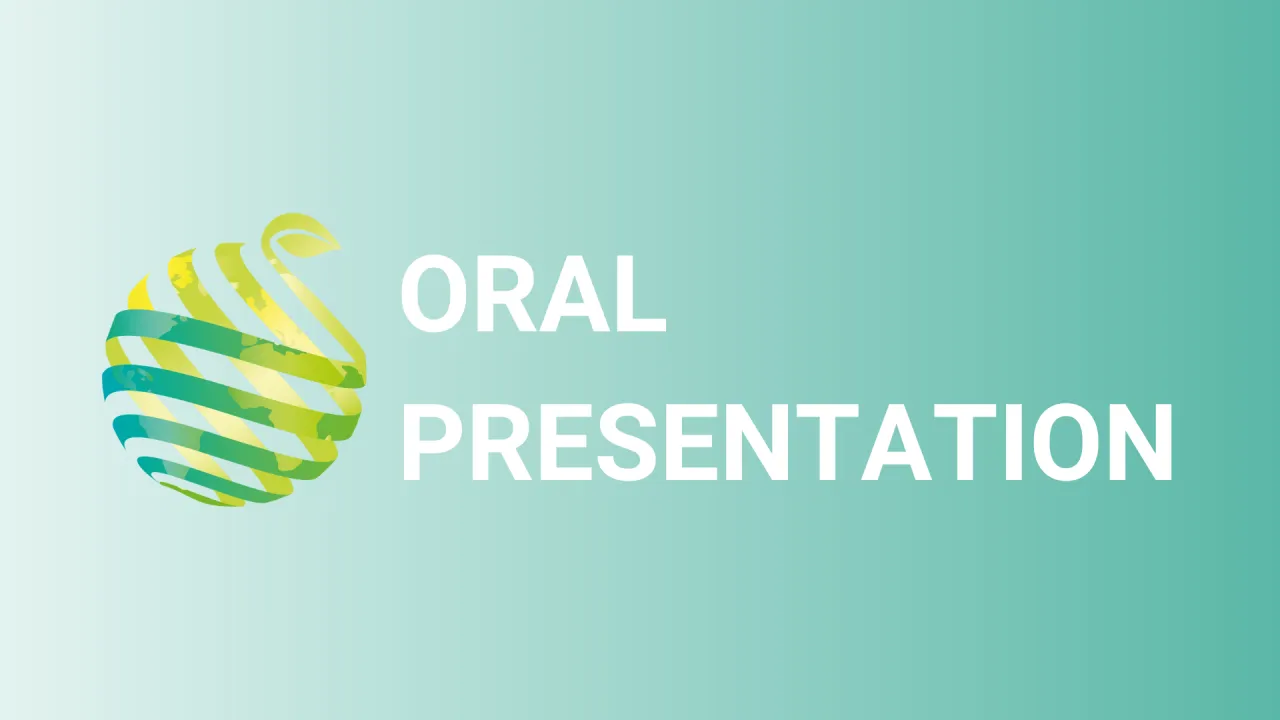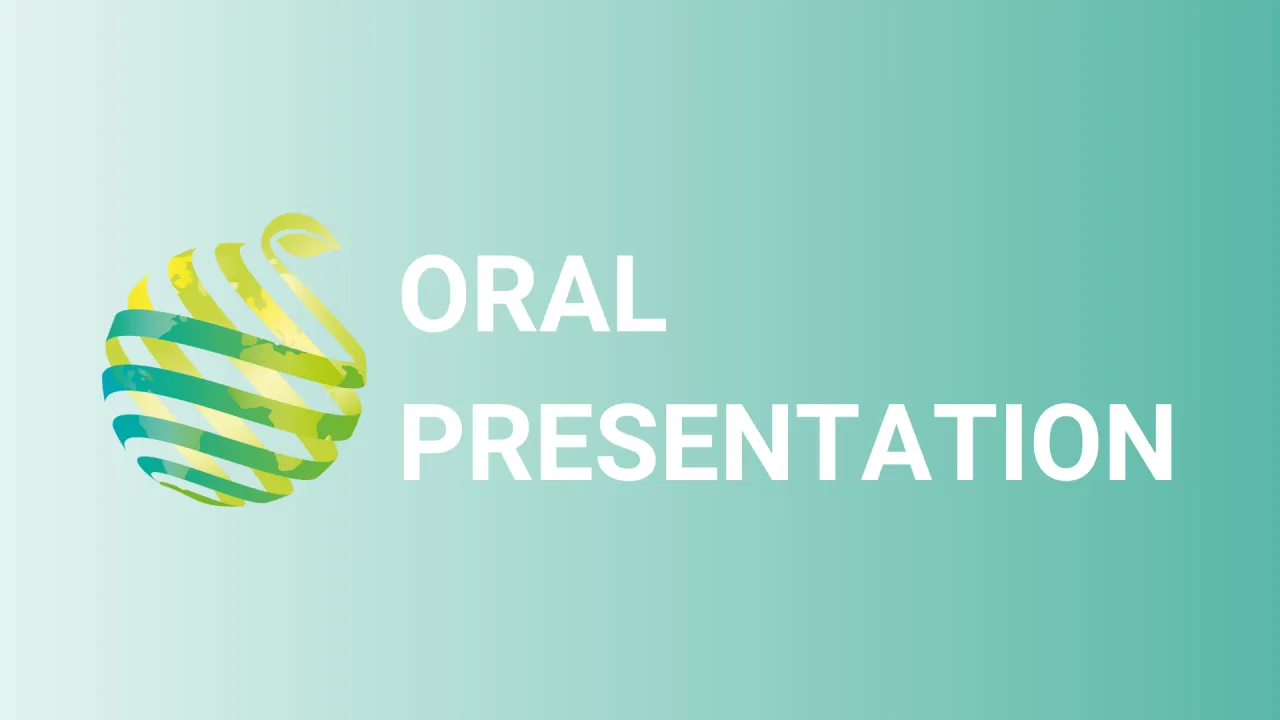

S25 - Session O2 - The contribution of co-cultivation of Mediterranean aromatic and medicinal plants to sustainable urban development
Information
Authors: Adrian Asanica, Kristina Maknea *, Julia Nerantzia Tzortzi
Aromatic and medicinal plants have been known worldwide since antiquity, gradually gaining the interest of scientists, traders and consumers. Various cultures, thousands of years ago, studied their beneficial properties in medicine, nutrition and landscape architecture. Even today, the list of the roles of aromatic and medicinal plants is enriched by approaching all the sciences. One of the key roles is their contribution to the sustainable development of a city. Their utilization and use are not limited to their traditional organic cultivation, but innovative ways are being explored to deal with the modern problems people face every day. The co-cultivation of aromatic and medicinal plants with each other and vegetables find application in urban agriculture, in the regeneration of parks, in the vertical and horizontal coverage of buildings, in the boundary of crops with vegetables, etc. It contributes substantially to the quality of life city. The present work approaches the chapter of aromatic and medicinal plants, in Greece and Cyprus, with particular references to the advantages and disadvantages of their multifaceted cultivation in cities. The nutritional, bioclimatic, ornamental, ecological and other values are highlighted to appropriate and motivate the city's people to integrate them into their daily lives. Reference is also made to the effort to co-cultivate Mediterranean aromatic and medicinal plants in Bucharest, a large Balkan city, to explore the possibility of plants adapting to the region in light of climate change in recent years. The aim of the research is to inform and encourage the inhabitants of the city to cultivate some of the materials used by the Mediterranean diet, in an area in front of their apartment buildings, on balconies, in yards, etc. In this way, the institution of urban agriculture is strengthened in order to increase the quality of life and sustainable urban development.